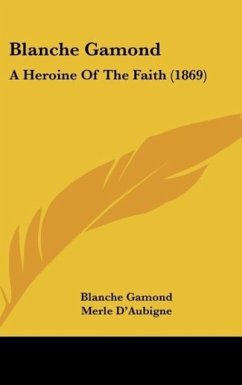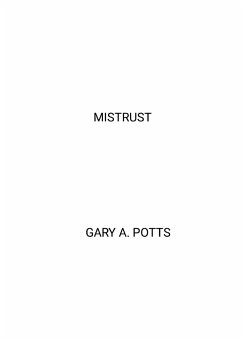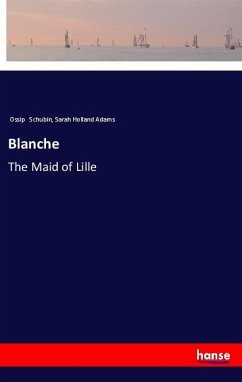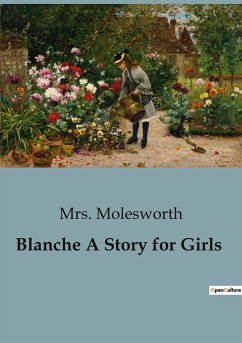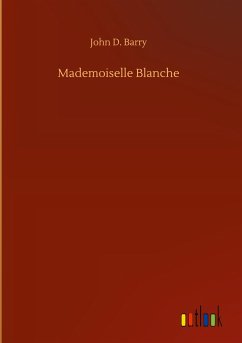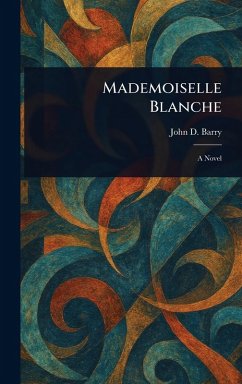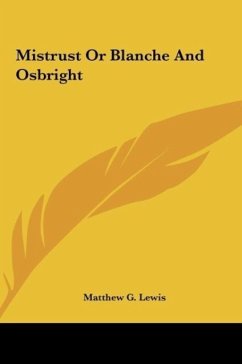
Mistrust Or Blanche And Osbright

PAYBACK Punkte
14 °P sammeln!
But Blanche was no longer mistress of her actions. In the height of their indignation at Ottokar's murder, her parents had insisted upon her renouncing all thoughts of a union with Osbright of Frankheim. Her heart would not allow her to make this renunciation. She protested against the injustice of implicating the son in the father's guilt and avowed the impossibility of withdrawing her affection.





